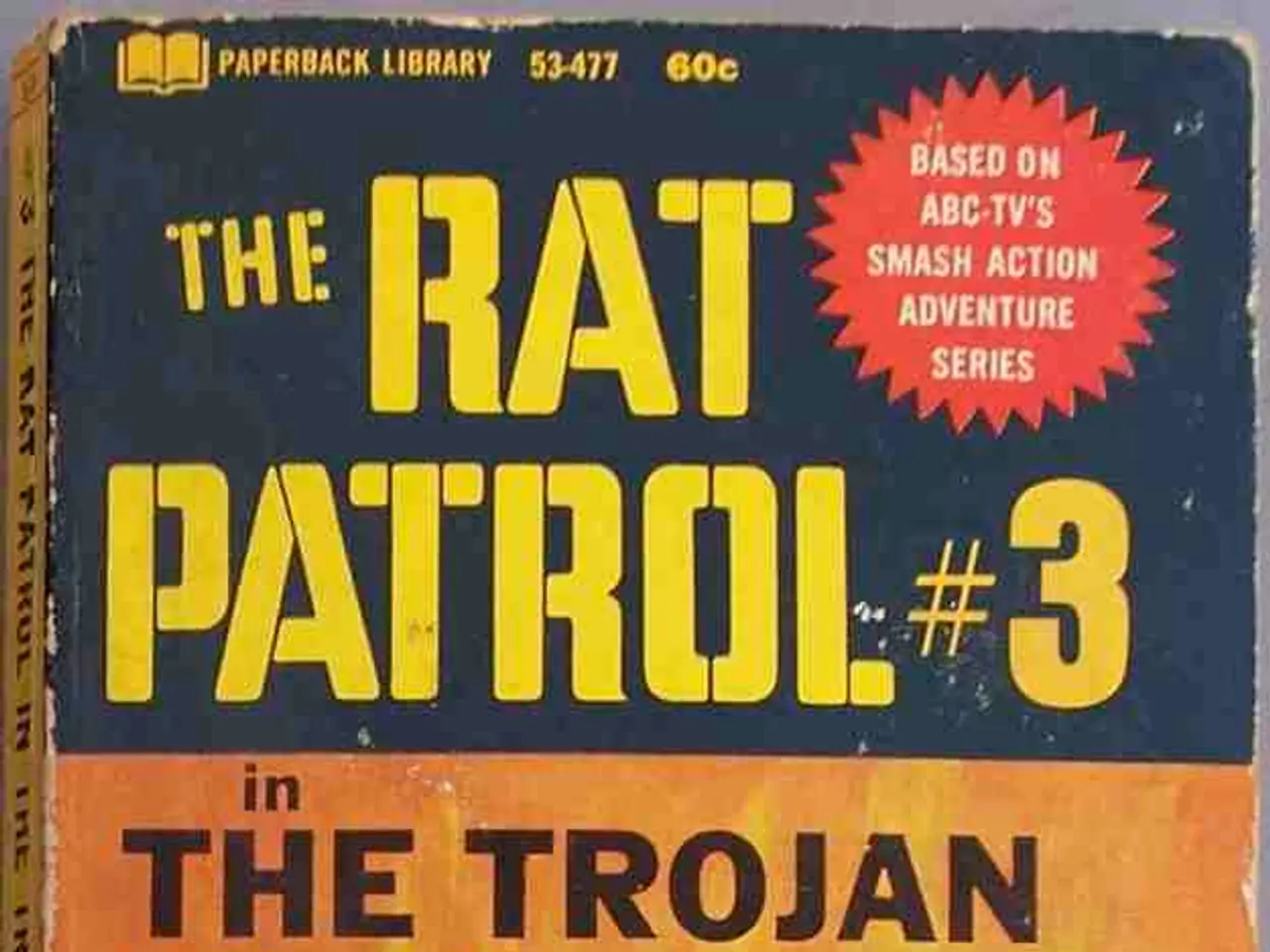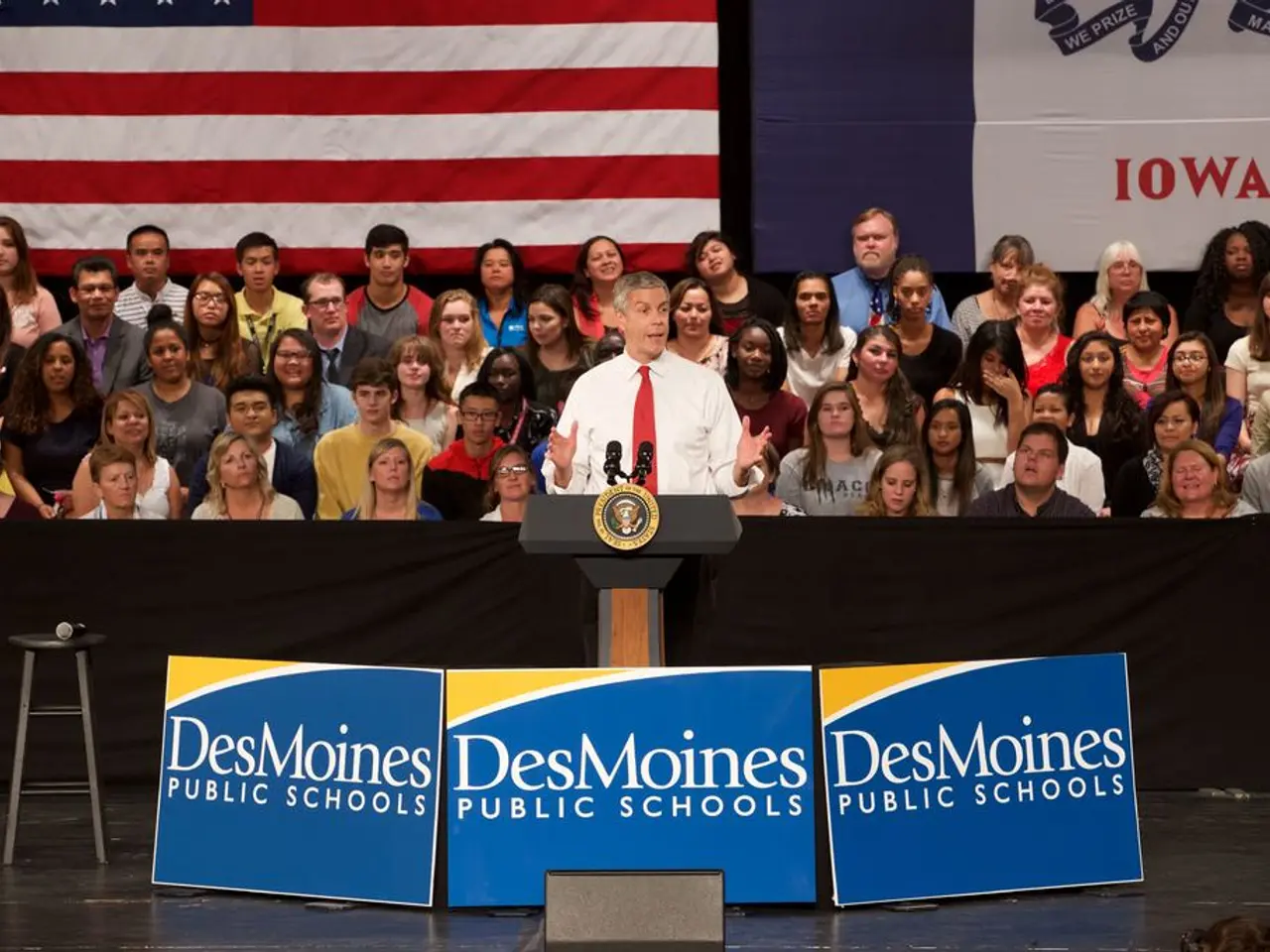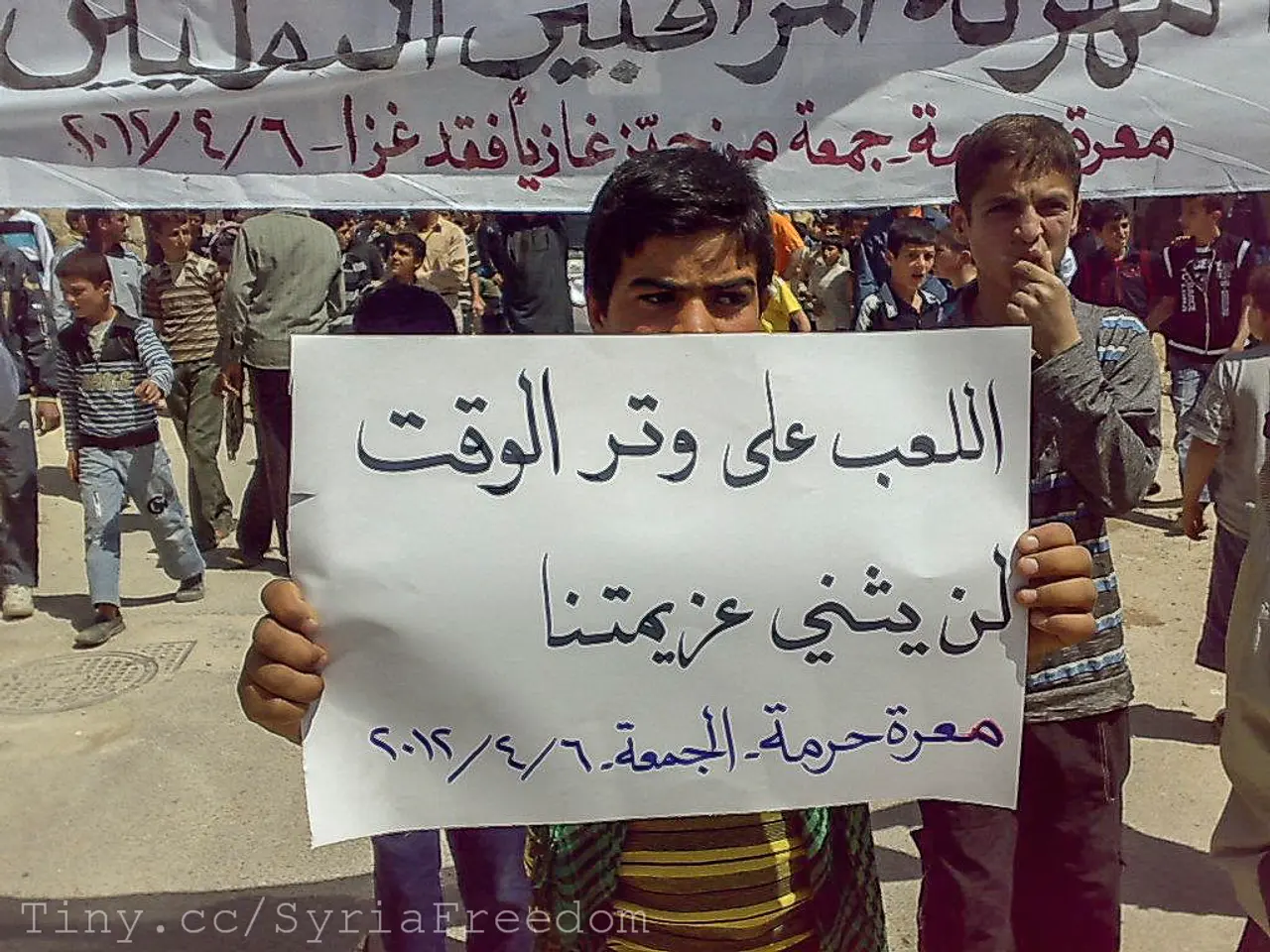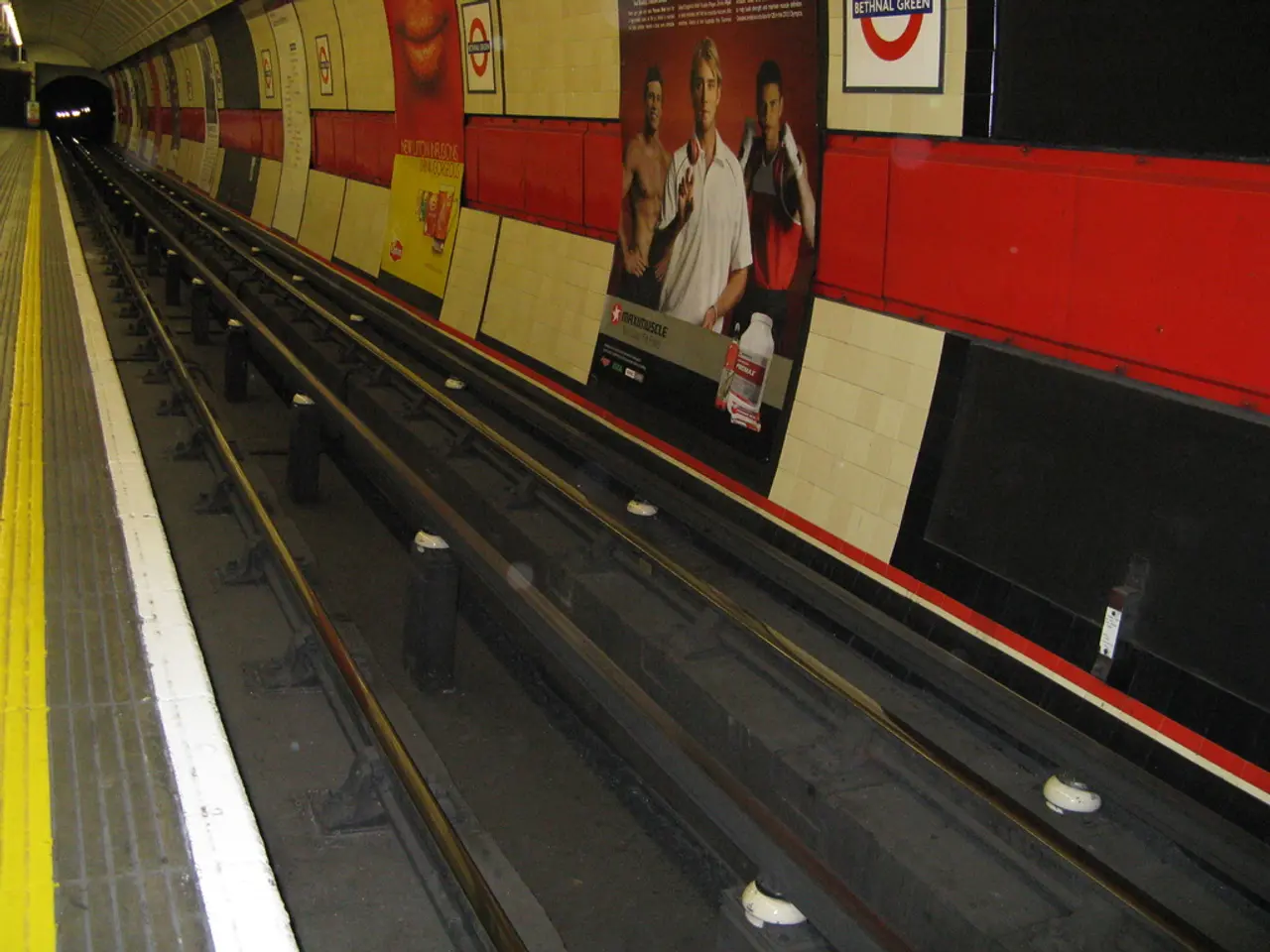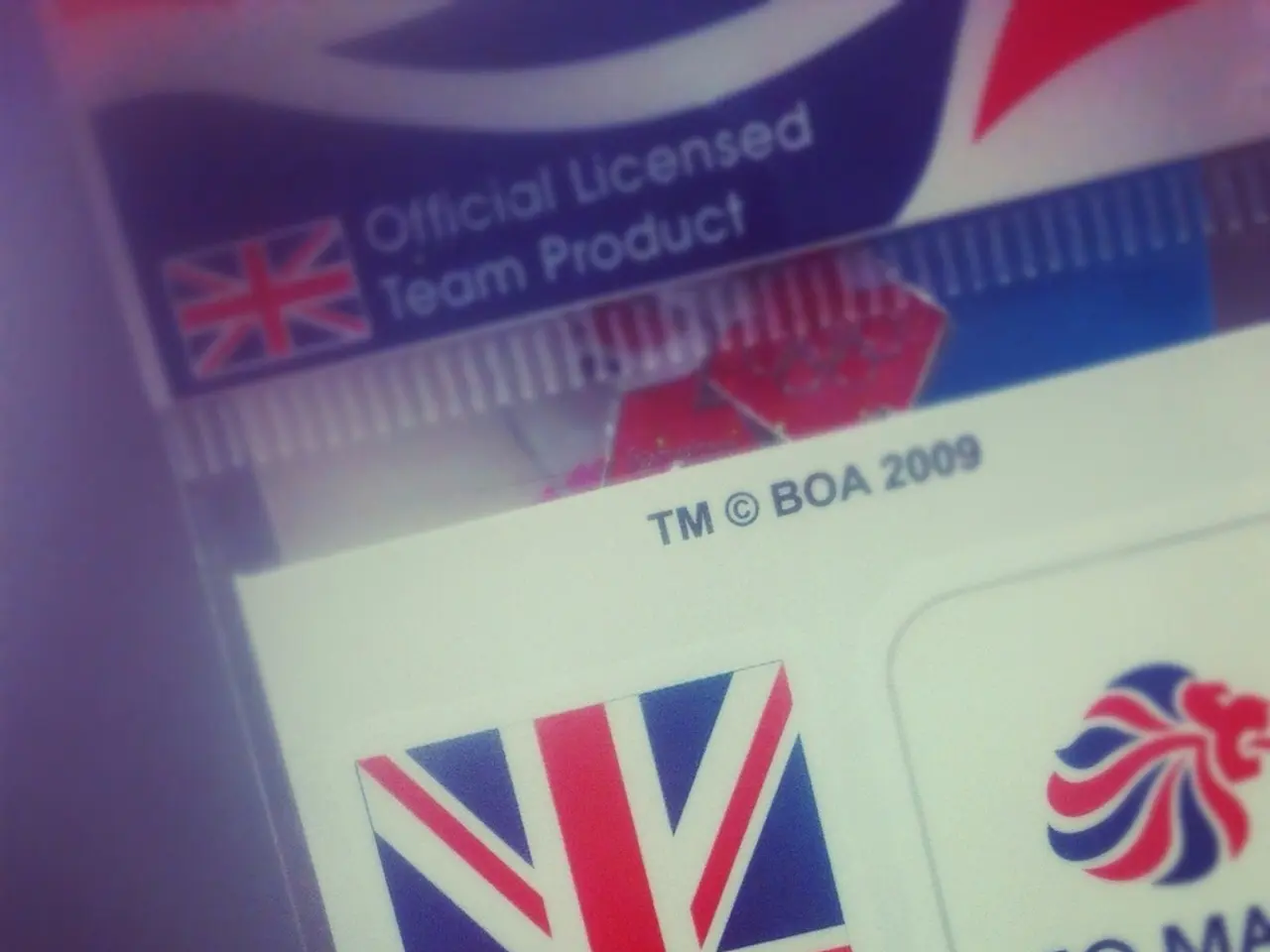Lebanese government plans to issue decree claiming exclusive governmental authority over firearms.
Lebanon is approaching a critical juncture, with a cabinet session scheduled for August 5, 2025, to discuss formally extending state sovereignty and enforcing weapons exclusivity. This move, if successful, would mean disarming Hezbollah and other non-state armed groups in the country [1][4].
The push for disarmament comes under external pressure, particularly from the United States, which conditions further reconstruction aid and diplomatic support on Hezbollah’s disarmament [1][4]. The U.S., through its special envoy Thomas Barrack, has intensified pressure on Lebanon to issue a clear cabinet motion committing to Hezbollah’s disarmament [2][4]. Without this formal decision, the U.S. has indicated that it will halt its diplomatic engagement and will no longer press Israel to stop military operations or withdraw from southern Lebanon territory contested with Hezbollah [2][4].
Barrack stressed that Lebanon’s government's credibility depends on matching its rhetoric about disarming Hezbollah with actions [2]. However, Hezbollah itself publicly rejects disarmament [3]. Reports suggest that the group has privately considered reducing its arsenal if certain conditions such as Israeli withdrawal from Lebanese territory are met [3].
Lebanon’s government insists on Israel ending "violations of Lebanese sovereignty" before further progress on Hezbollah’s disarmament can happen [3][4]. Israel has refused to withdraw from five Lebanese points of territory it occupied during the war and continues to attack Lebanon almost daily [4].
The issue remains highly sensitive politically within Lebanon’s government, which includes Hezbollah allies. Hezbollah, along with its allies, forms a political bloc that can paralyse parliamentary endeavours [5]. The Lebanese Cabinet is expected to pass an executive order next week, enshrining the state's commitment to maintaining exclusive control of weapons nationwide [6].
The executive order aims to formalize a policy that Lebanese leaders have been trying to achieve since the November ceasefire between Israel and Lebanon’s Hezbollah party [7]. However, there is scepticism that the executive order would amount to a major political decision, suggesting it might condition disarmament on Israel’s withdrawal [8].
The US-backed Lebanese Forces party, a rival of Hezbollah, has accused the state's top leadership of negotiating on behalf of Lebanon without the collective input of the government [9]. Ghassan Hasbani, an LF member of parliament, has demanded a timeline for the implementation of removal of arms and the dismantling of militant armed groups by the end of this year [10]. Another political source close to the LF is lobbying for a majority vote at the cabinet meeting [11].
Hezbollah chief Naim Qassem accused the US and Israel of employing "intimidation and threats" [3]. Qassem claimed that anyone calling for the surrender of weapons is serving the Israeli project [12]. Qassem stated that the November ceasefire was meant for the south Litani area, not the whole of Lebanon [13]. Hezbollah publicly remains staunch in its demand that Israel withdraw from Lebanese territory and cease its attacks before it will disarm [14].
President Joseph Aoun, the former army chief, made explicit mention of Hezbollah's arsenal for the first time in a forceful speech, reiterating Lebanon's commitment to reclaiming weapons from all paramilitary groups, including Hezbollah [15]. Ghassan Hasbani expressed hope that the President's speech would lead to a government decision for a clear order for the Lebanese Armed Forces to execute a plan with a timeline [16].
As the August 5 cabinet session approaches, the roadmap for implementing arms exclusivity remains undecided [1]. The outcome of this meeting could significantly impact the future of Lebanon's political landscape and its ongoing conflict with Israel.
- The upcoming cabinet session on August 5, 2025, in Lebanon, is expected to discuss extending state sovereignty and enforcing weapons exclusivity, which could potentially lead to disarming non-state armed groups, such as Hezbollah, in the country.
- The United States, through its special envoy Thomas Barrack, has intensified pressure on Lebanon to issue a formal cabinet motion committing to Hezbollah’s disarmament, with the threat of halting diplomatic engagement and reconstruction aid if this decision is not made.
- While the U.S. is pushing for Hezbollah’s disarmament, the group publicly rejects this move and has privately considered reducing its arsenal if certain conditions, like Israeli withdrawal from Lebanese territory, are met.
- The video coverage of the cabinet session on August 5 will likely depict a heated political discourse, as politics, policy, and legislation surrounding Hezbollah’s disarmament and Israel's withdrawal from Lebanon's territory are among the top news stories in the region.
